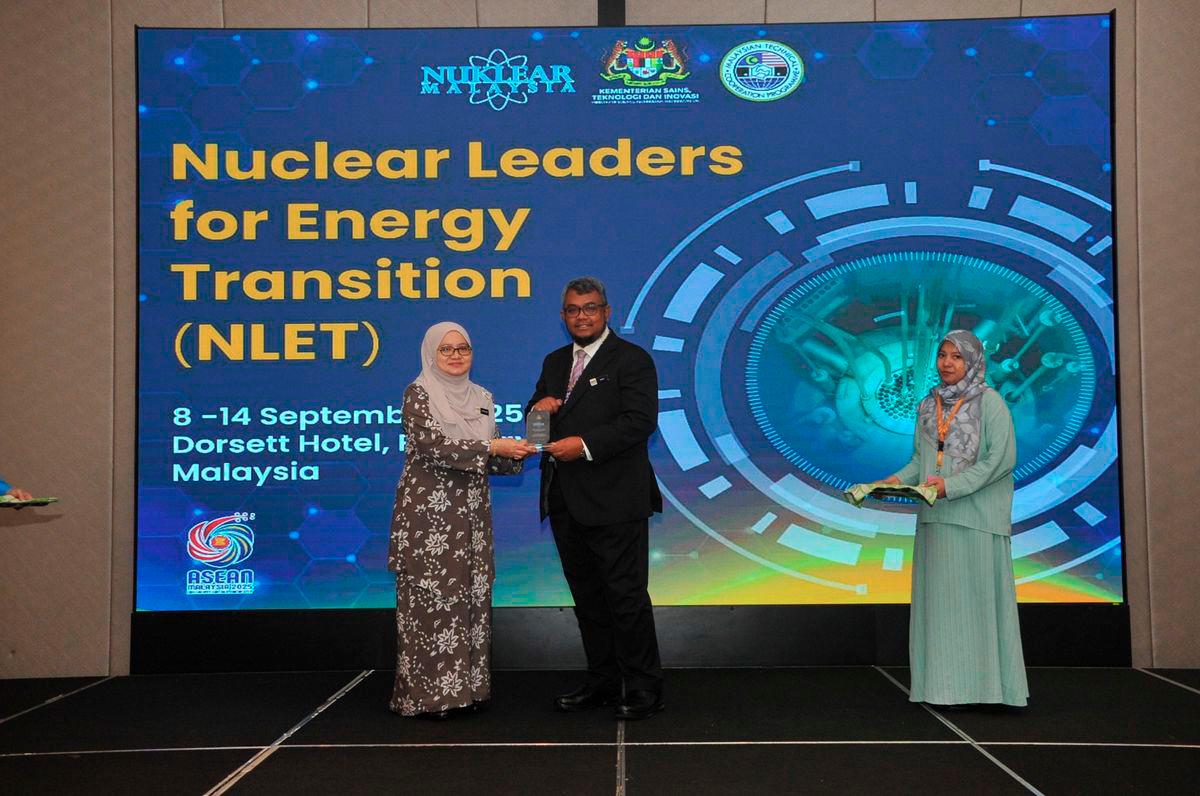PUTRAJAYA: Malaysia is reinforcing its dedication to sustainable energy transition through the seven-day Nuclear Leaders for Energy Transition programme starting today.
The Malaysian Nuclear Agency announced that NLET 2025 brings together 25 participants from 17 countries, including policymakers, engineers and researchers nominated by their governments.
The programme features expert lectures from the Ministry of Energy Transition and Water Transformation, Nuklear Malaysia, the Department of Atomic Energy Malaysia, MyPOWER Corporation, Tenaga Nasional Berhad, Universiti Tenaga Nasional and the Malaysia Energy Literacy Programme.
A key component involves a two-day policy integration project where participants will develop energy transition proposals tailored to their countries’ specific landscapes and requirements.
Participants will also visit Malaysia’s nuclear research reactor, solar power plants, coal and natural gas-fired power plants, and radioactive waste management facilities.
Nuklear Malaysia stated that NLET 2025 strengthens Malaysia’s regional role in low-carbon energy development and safe nuclear technology adoption.
This initiative reflects Malaysia’s continued determination to support the global Net Zero Emission by 2050 goal through nuclear energy as a viable low-carbon technology option.
As an IAEA Regional Training Centre for nuclear safety and security, Malaysia remains committed to expanding international cooperation and building skilled personnel capacity in this field.
NLET 2025 is expected to catalyse policy development, professional networking and implementation of sustainable energy technologies, enhancing Malaysia’s leadership position in global energy transition.
The programme is organised by Nuklear Malaysia under the Malaysian Technical Cooperation Programme framework, a Foreign Ministry initiative demonstrating Malaysia’s commitment to South-South Cooperation.
Since its establishment in 1980, the Malaysian Technical Cooperation Programme has benefited more than 38,000 participants from 144 countries across governance, science, technology and sustainable development areas. – Bernama









